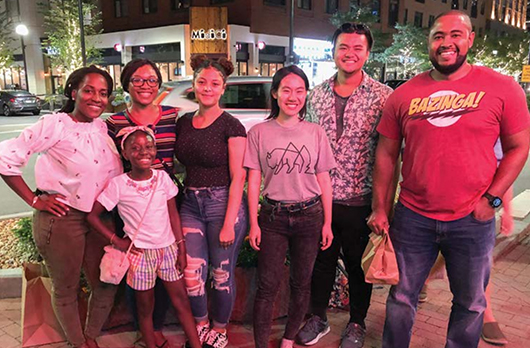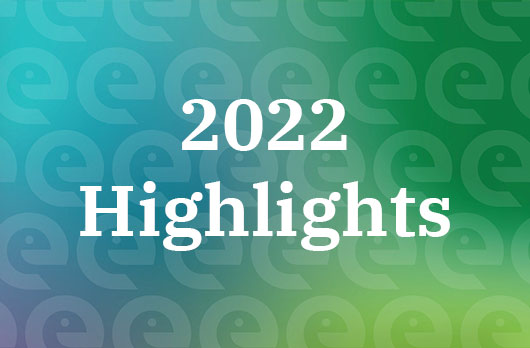TERC Blog
Dr. Stephen Alkins appointed to the Boston Public School Committee
On January 20, 2022, Boston Mayor Michelle Wu announced the appointment of Dr. Stephen Alkins to the Boston School Committee. TERC is very proud of Dr. Alkins' appointment and supports his passion and commitment to teachers and learners, especially those who are underrepresented and underserved, and who seek to be included, respected, and made to feel as though they belong.
We asked Dr. Alkins about his new role and his expectations for BPS and TERC.
Congratulations on your appointment. What led you to apply to be on the Boston Public School (BPS) Committee?
I wish to see the success of BPS. This period of Covid-19, while undoubtedly wrought with restrictive challenges, has also unearthed some monumental opportunities to reimagine, revise, and reset our bearings on BPS education through an equity lens. Our duty is to not expand the opportunity gap and further burden the shoulders of our most vulnerable. The school committee offers a significant opportunity for transformative change to systemically address the historical, economic, sociopolitical, and moral debts our students and families face. We owe this to all students, especially our Black, Brown, Indigenous, LBTQIA+, English language learners, disabled, homeless, low-income/first-generation college, special education students, teachers/educators, and administrators.
We all have concerns about school safety, quality culturally relevant, antiracist education, sustainable, diverse career paths, and equitable and fiscally responsible budgeting. I hope to be a critical and targeted universalist lens examining these processes while building transparency and inclusive advocacy that listens to community needs, meets families where they are, and values their knowledge and input as essential to the change BPS must make. BPS has a lot of great assets and none more valuable than the people who are constantly evaluating and reevaluating how to improve.
As a parent who is considering BPS in the future, I want to ensure I am carving out the brightest educational path so that my child/children can progress and thrive unhindered, while living unafraid to face challenges, inequities, and injustices directly.
What do you hope to achieve during your time as a BPS committee member?
Though there are plenty of goals, as a scientist dedicated to diversity, equity, inclusion, and belonging (DEIB), I am especially invested in creating STEM and STEAM career paths and opportunities for historically/currently marginalized and underrepresented groups. Careers in STEAM fields will not just include traditional academic pathways, but also positions with livable wages that will provide training out of high school.
Another goal would be to create more education research relationships with communities and schools. Communities have incredible depths of cultural knowledge and insight and should be empowered to transform education in ways that respect and uplift them and interrogate social inequities. Research is a pathway to critically analyze pedagogy for professional development and curricula, employ novel approaches to assessment, broaden diversity in teaching and research, and improve family engagement. Marrying these two worlds would give greater voice and control to all members of the community.
Finally, a primary goal is ensuring easier access to wrap-around support services for students and families. We must remember that availability does not equal accessibility; the process for engaging supports for many can be as challenging as figuring out which resources exist. I hope that we can streamline some of the processes that make engaging resources easier and reduce barriers and stigmas around seeking support.
Describe how your experiences as DEIO Officer at TERC will impact your contributions to the BPS Committee?
As a DEIB Officer, I have been privileged to always question which voices are brought to the table, and, more importantly, which voices are not. This prioritizes the need for inclusion as fundamental to every problem we approach as a school committee. I hope I convey, through my contributions, that community voice is not only included in the process, but also belongs in the process.
Additionally, I am knowledgeable about equity-based approaches in educational pedagogy and research. As the district moves toward a more culturally responsive (e.g., native language availability, etc.), antiracist curricula, I hope to contribute feedback and suggestions on assessment and accountability for educators and administrators as they implement such changes.
Another area the district needs to address is diverse teacher/educator and administrator retention. At TERC, we are currently strategizing about how to improve conditions that encourage researcher retention and recruitment, particularly those from racially and ethnically underrepresented backgrounds. Some of the ideas we have discussed at TERC could be leveraged to create incentives for current educators and create pathways that generate interest in education and education research as early as middle school.
How do you expect your work on the BPS Committee will impact your work as DEIB Officer at TERC?
Most importantly, the work on the BPS Committee can support TERC in three areas:
- The work on the committee will help TERC identify specific community and population (race, English language learners, neurodiverse, etc. ) needs where education research can help strategize on how to address problems and create practical, community-led interventions.
- I am confident that my work with the committee will create some valuable relationships with other organizations that aligned with TERC's mission of creating equitable outcomes for all learners.
- How the committee communicates with the public, particularly in improving methods of transparency, will help educate me on how our internal policies and procedures can be better communicated and evaluated for efficiency. This communication also becomes the foundation for TERC leveraging its research expertise to influence state and federal education policy, an area that TERC has not historically explored.
How will your connection with TERC help you take steps in dismantling systemic inequities so that BPS students can continue to succeed?
TERC has numerous contributions to the canon of education research (curricula, professional development, evaluation, etc.), across a range of focus areas, learning environments, and populations. Beyond that, TERC's research is bolstered and developed through a collaborative and social justice ethos that requires it to ask questions that address the root causes of educational inequities. TERC is not in the business of manufacturing band-aids; it is committed to restoring the health of and reshaping the education landscape to work for all learners, especially marginalized and underrepresented groups. The problem-solving strategies of STEM thinking and learning exist at the core of dismantling systemic inequities as they do for mathematical and scientific inquiry. Because of this approach and perspective, I am confident that I will help reform a BPS system that is committed to stability, transparency, equity, reflection, accountability, and success.

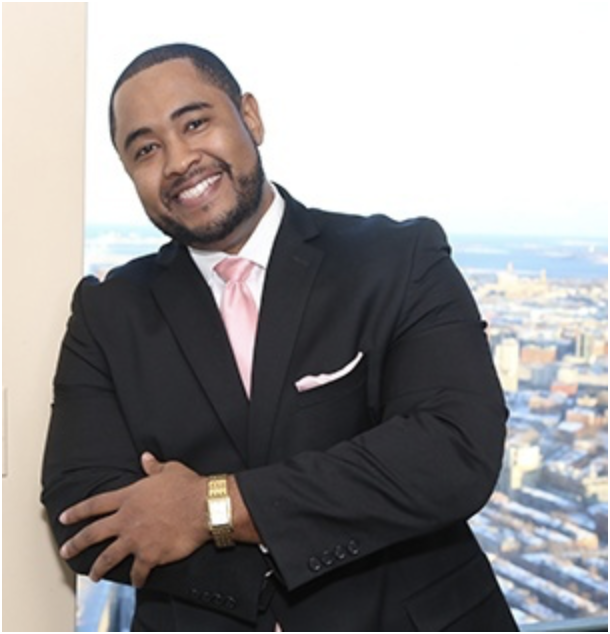




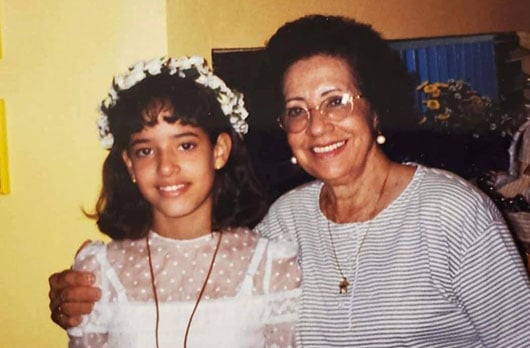
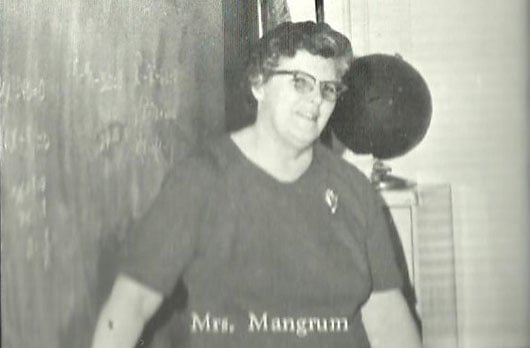

-Bonda.jpg)
